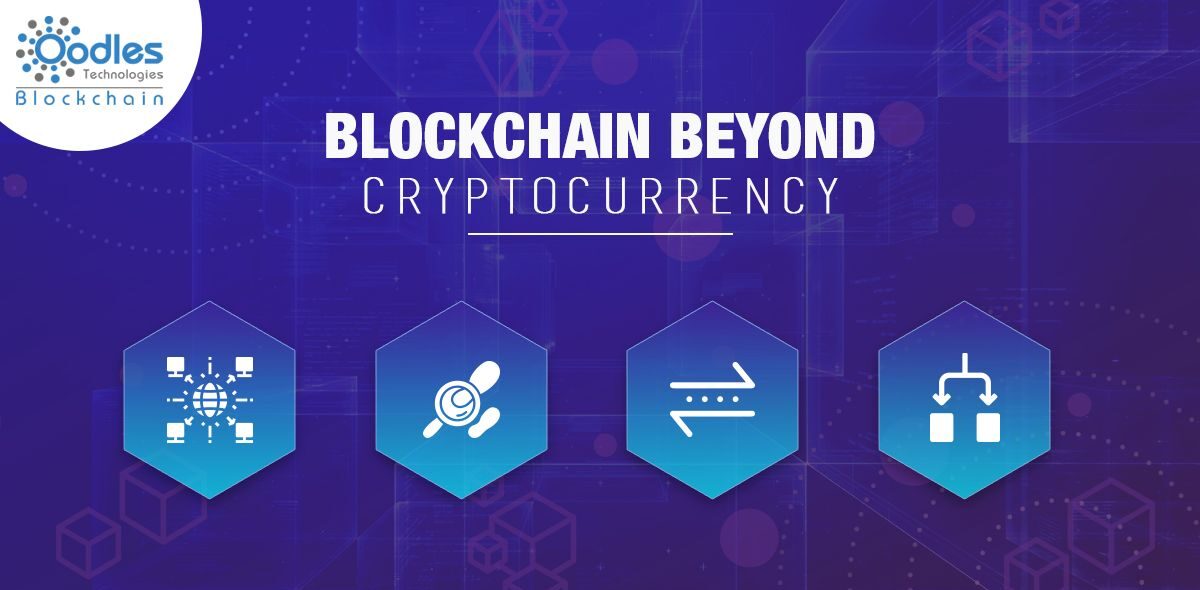Blockchain technology, initially synonymous with cryptocurrencies like Bitcoin, has transcended its origins and is now being heralded as a groundbreaking innovation with far-reaching implications across industries. While cryptocurrencies introduced us to the concept of decentralized, tamper-proof ledgers, the potential of blockchain extends well beyond digital coins. Let’s delve into some transformative use cases that highlight the diverse applications of blockchain technology.
1. Supply Chain Management
Blockchain’s transparency and immutability make it an ideal solution for supply chain traceability. With blockchain, every step of a product’s journey can be recorded and verified, from raw material sourcing to manufacturing, distribution, and retail. This helps ensure authenticity, combat counterfeiting, and provide consumers with detailed information about the products they purchase.
2. Healthcare and Medical Records
In the healthcare sector, maintaining secure and accurate patient records is paramount. Blockchain can revolutionize medical record-keeping by creating a decentralized and interoperable system where patients, doctors, and medical institutions have access to a patient’s complete medical history, reducing errors and improving patient care.
3. Identity Verification
Traditional identity verification methods can be cumbersome and prone to breaches. Blockchain offers a secure and tamper-proof way to manage digital identities, allowing individuals to control their own data and share it with authorized parties only. This has significant potential in areas such as online authentication, government services, and financial transactions.
4. Voting Systems
Elections and voting systems can benefit from the transparency and immutability of blockchain. By providing a secure and tamper-resistant platform, blockchain can enhance the integrity of voting processes, reduce fraud, and increase voter trust in the results.
5. Real Estate Transactions
Blockchain can simplify and expedite real estate transactions by digitizing and automating processes such as property title transfers, escrow, and payments. This can streamline the buying and selling of properties while reducing the risk of fraud and disputes.
6. Intellectual Property Protection
Blockchain’s ability to establish ownership and provenance can help protect intellectual property rights. Artists, musicians, writers, and creators of digital content can use blockchain to record their work, track its usage, and ensure fair compensation for their creations.
7. Energy Trading and Grid Management
Blockchain technology can facilitate peer-to-peer energy trading by enabling individuals and businesses to buy and sell energy directly. It can also optimize energy grid management by securely recording energy production, consumption, and distribution data.
8. Cross-Border Payments
Traditional cross-border payment systems are often slow and costly. Blockchain can enable near-instantaneous and cost-effective international money transfers by eliminating intermediaries and providing a transparent ledger of transactions.
9. Humanitarian Aid and Donations
Blockchain’s transparency can enhance accountability in charitable organizations and humanitarian efforts. Donors can track how their contributions are used, ensuring that funds are allocated appropriately and efficiently.
10. Food Safety and Authentication
Blockchain can help track the origin, quality, and safety of food products. Consumers can verify the authenticity of the food they purchase and gain insights into its journey from farm to table.
These are just a few examples of the myriad ways blockchain technology is reshaping industries and processes. Its ability to provide transparency, security, and decentralization has the potential to revolutionize sectors that rely on trust, authentication, and data integrity. As blockchain continues to evolve and mature, its transformative impact on society is only beginning to unfold.
In conclusion, blockchain’s journey from its cryptocurrency origins to its current role as a transformative technology showcases its adaptability and potential. As businesses and industries recognize the benefits of decentralization, transparency, and security, we are witnessing a paradigm shift that will likely redefine how we interact, transact, and collaborate in the digital age.



